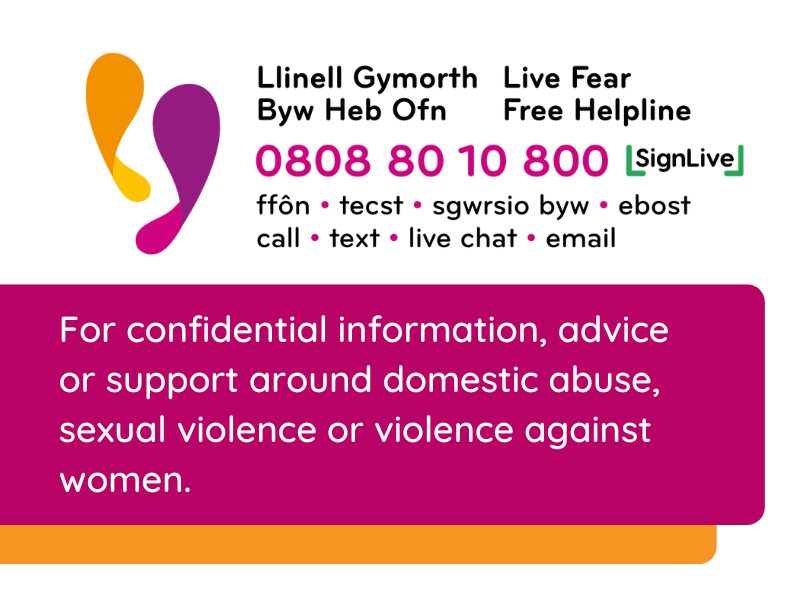What is coercive control?
Coercive control refers to continuous patterns of behaviour that are intended to exert power or control over a survivor. These behaviours deprive survivors of their independence and can make them feel isolated or scared. This can have a serious impact on a survivor’s day-to-day life and wellbeing.
Coercive control can be tricky for survivors, and those around them, to recognise because the tactics used can be subtle and escalate slowly. Coercive control in a relationship is a recognised form of abuse.
Types of coercive control
Controlling behaviours may include:
- Isolating you from your family or friends
- Controlling what you eat, wear, or do
- Controlling who you are allowed to see or spend time with
- Preventing you from accessing support
- Gaslighting
- Monitoring your behaviour (online or in person)
- Tracking you, for example, using your phone or car
- Controlling your finances, for example, through your ability to earn money or what you spend money on
- Emotionally or physically threatening or intimidating you
- Threatening to disclose information about you publicly
- Humiliating or degrading you
- Repeatedly putting you down
- Making you feel fearful or scared of non-compliance
However, there is not a definitive list of behaviours that are classed as coercively controlling. If you feel someone is acting in a way intended to exert power or control over you, then it is wrong and there is support for you.
For support
Anyone affected by these forms of violence and abuse should be able to access help and support when they need it and every case should be taken seriously.
The Live Fear Free Helpline is available 24 hours a day, 7 days a week for women, children and men experiencing domestic abuse, sexual violence or other forms of violence against women.
- Call 0808 80 10 800
- Email [email protected]
- Text 07860 077333
- Visit https://gov.wales/live-fear-free/contact-live-fear-free to use our webchat service.





